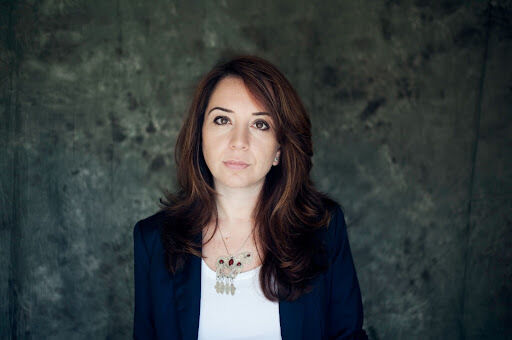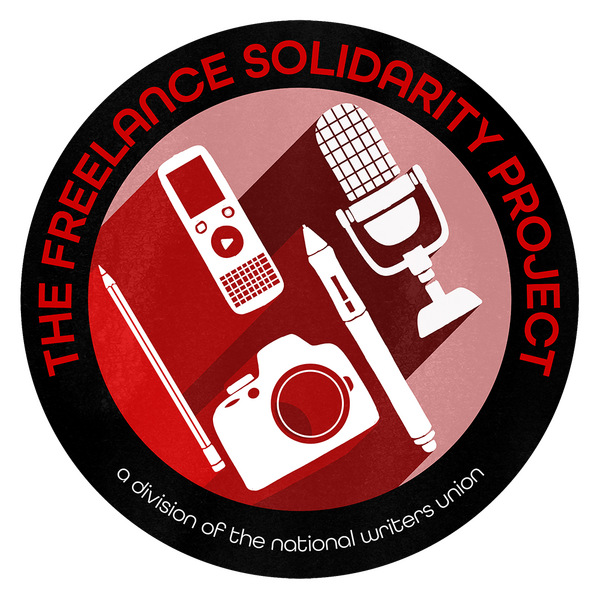Reporting from Occupied Territory: A Conversation with Palestinian Freelance Journalists
The recent murder of Palestinian American journalist Shireen Abu Akleh by Israeli forces while she was reporting from the occupied West Bank highlighted the extraordinary dangers Palestinian journalists face. According to Reporters Without Borders, in the past four years, Israeli forces have attacked more than 140 Palestinian journalists with bullets, tear gas, or other weapons. Since 2000, more than 30 Palestinian journalists have been killed.
Still, Palestinian journalists continue working to tell the stories of the Israeli occupation, the global networks that sustain it, and the multidimensional truths of Palestinian life. Many of them are freelancers, working without the financial, legal, or political protections of stable employment—and often for low and unreliable pay—who must exercise extraordinary creativity both to protect their own safety to the best of their ability, as well as to subvert the bias and censorship of international media.
Join journalists Lara Aburamadan and Dalia Hatuqa for a discussion about autonomy, precarity, storytelling, and politics, moderated by New York Times Magazine contributing writer Rozina Ali. This event is co-sponsored by Jewish Currents and the Freelance Solidarity Project.
This live event and its recording will have automated closed captioning. For accommodation requests or questions about accessibility, please reach out to events@jewishcurrents.org.

Lara Aburamadan is a Palestinian journalist, visual artist, and co-founder of Refugee Eye organization. Born and raised in Gaza City, she is now based in the San Francisco Bay Area. Her photographs and writings have been published in Time Magazine, New York Times, VICE, The Atlantic, NPR, San Francisco Chronicle, The Progressive Magazine, AJ+, and elsewhere.
Lara has been chosen by Time Magazine among 34 women photojournalists around the world that you should follow their work in 2017. She tweets @laraaburamadan.

Dalia Hatuqa is a multimedia journalist specializing in Israeli/Palestinian affairs and regional Middle East issues. She also writes about religion and immigration in the US. Her work has been published in The Washington Post, Time, New York Review of Books, The Economist, Foreign Policy, The Atlantic, and elsewhere, and her radio stories and commentary have aired on NPR, PRI, and the BBC. She is an avid tweeter (@daliahatuqa) and a Palestinian cross-stitch novice.
Ahmad Al-Bazz is a West Bank-based independent journalist and documentary filmmaker focusing on Palestinian-Israeli affairs. His work appears in several media outlets such as +972, Mondoweiss, Electronic Intifada, and UltraSawt, among others. Since 2012, he has been a member of the Activestills photography collective, which operates in Palestine/Israel. Ahmad holds a BA degree in Journalism from An-Najah National University in Palestine and an MA in Television Studies from the University of East Anglia in England.
Rozina Ali is a contributing writer at New York Times Magazine. Her writing covers the war on terror, Islamophobia, the Middle East and South Asia, and literature. She is a Type Media Fellow and a Cullman Fellow. She is currently working on a book about the history of Islamophobia in the United States. She tweets @rozina_ali.

The Freelance Solidarity Project is a union of digital media workers, organizing to raise labor standards across the industry. A division of the National Writers Union, FSP’s members include writers, photographers, illustrators, audio journalists, and creators in many other media, organizing in coalition with other unions, community organizations, and labor groups to build power for all workers.
